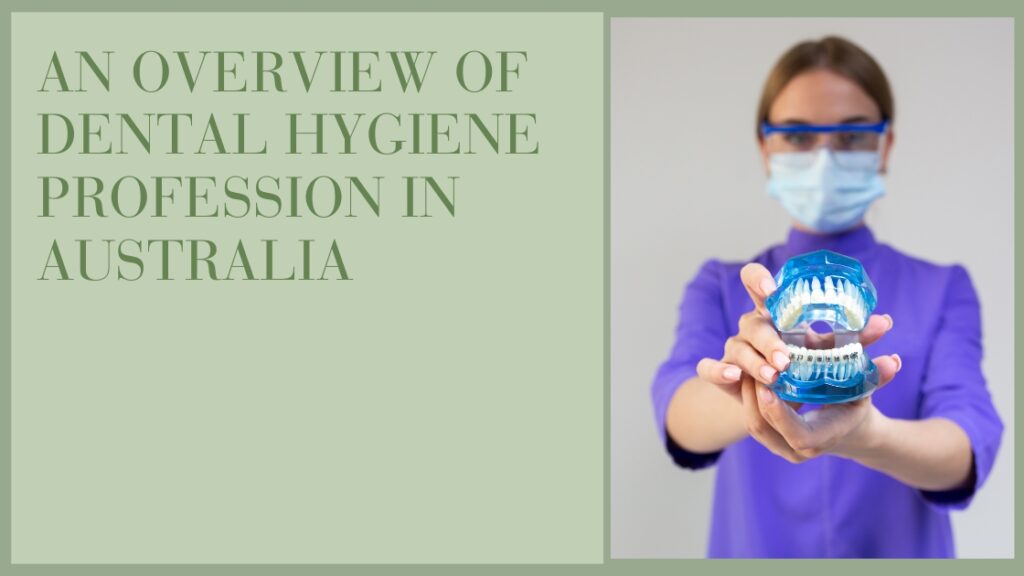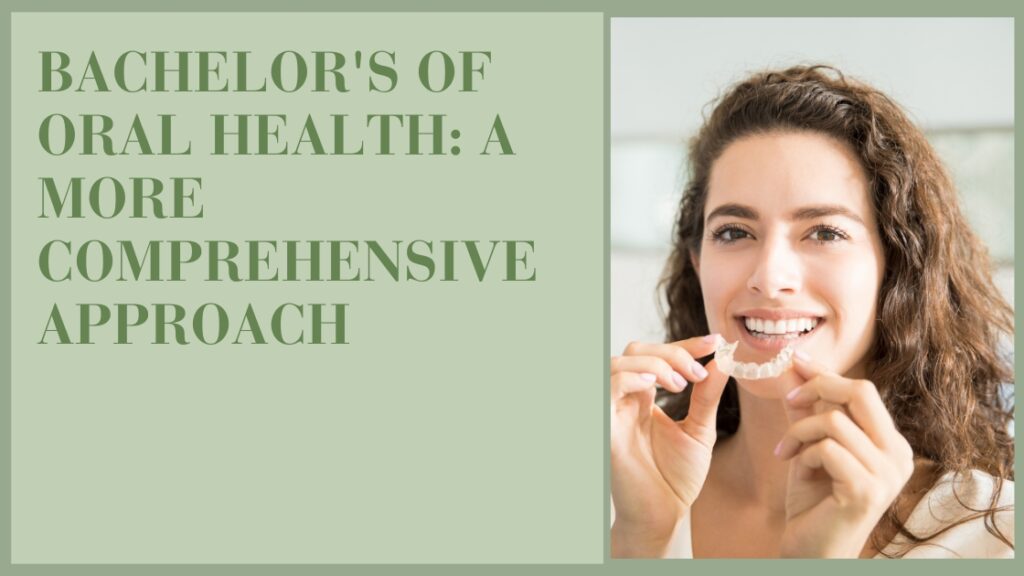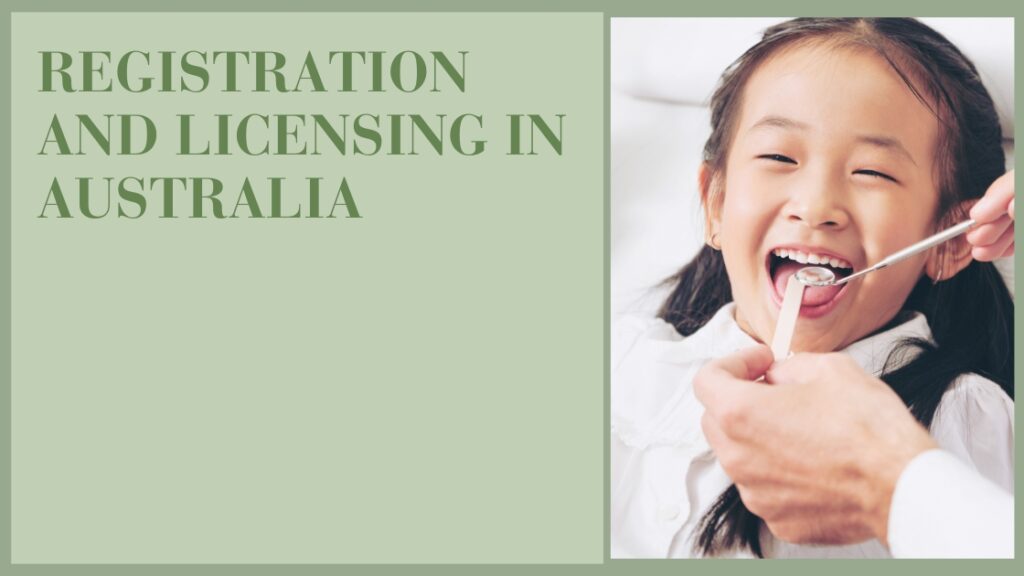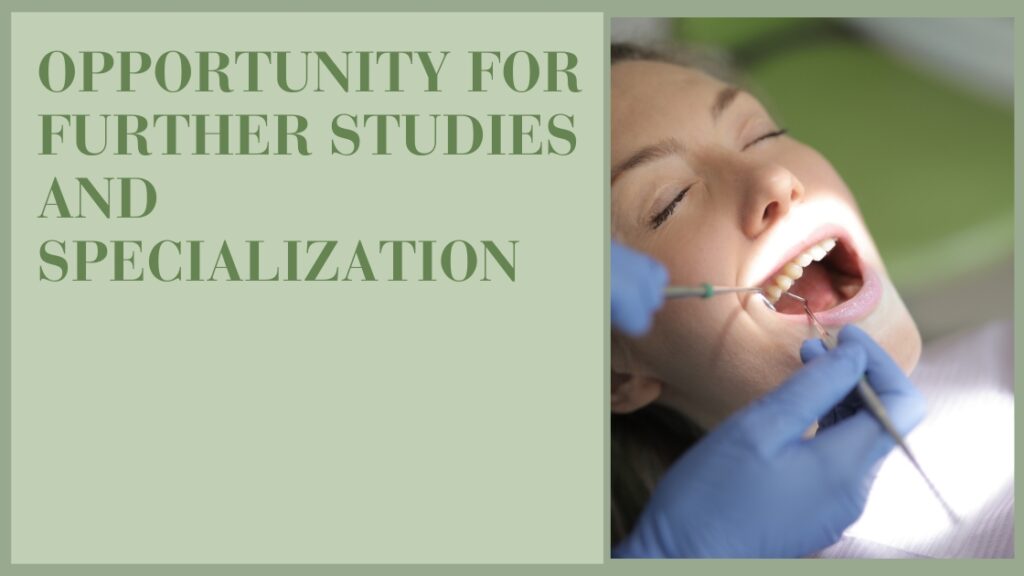Your journey towards becoming a dental hygienist can be both rewarding and fulfilling, but understanding which degree you require in Australia to become one is critical to setting educational goals and realizing this career goal.
In this blog post we discuss about What Degree Do You Need to Be a Dental Hygienist blog topic.
In this guide we will examine educational requirements pertaining to this career choice in Australia as well as which degrees may be required in this journey.
Table of Contents
What Degree Do You Need to Be a Dental Hygienist – Details
Question of degree requirement to become a dental hygienist in Australia. Dental hygienists play an integral part in healthcare delivery, primarily focusing on preventive oral health in dental offices across Australia.

Dental hygienists provide direct patient care such as conducting oral examinations, cleaning teeth, and providing educational sessions about proper hygiene – an area in which dental hygienists specialize. As we will detail further below.
Educational Pathway: Associate Degree
People often ask what degree is needed to become a dental hygienist in Australia, and the response usually includes an Associate Degree in Dental Hygiene or Oral Health.
This degree program typically lasts two or three years full time and combines academic coursework with hands-on practical experience.

Courses usually cover topics related to oral anatomy, periodontology, radiology, dental materials and infection control for health promotion and disease prevention.
Practical components may include supervised clinical practice in which students gain practical experience within a dental environment.
Vocational Education and Training (VET) offers some degree programs as “Advanced Diplomas.”
Bachelor’s of Oral Health: A More Comprehensive Approach

Although an associate degree often serves as a sufficient educational base for entering the field of dental hygiene, some individuals may choose to pursue more advanced degrees, such as a Bachelor’s in Oral Health.
These bachelor’s programs, typically spanning three years, prepare students for roles beyond just dental hygiene, including positions as dental therapists.
Earning a Bachelor’s in Oral Health expands one’s professional horizons, allowing graduates to provide a more comprehensive range of dental services. This includes specialized care in children’s dentistry as well as preventive and restorative treatments for adult patients.
The curriculum for these advanced degrees usually combines rigorous academic coursework with hands-on clinical practice, offering students an enriching and immersive educational experience.
This well-rounded approach equips graduates with the skills and knowledge they need to excel in various aspects of dental care.
Registration and Licensing in Australia
As part of answering “what degree are required to become a dental hygienist in Australia”, registration and licensing must also be considered.

Once having completed an approved program of study, dental hygienists in Australia must register with the Dental Board of Australia (DBA) prior to beginning practice.
The Dental Hygienist Board of Australia (DBA) requires dental hygienists to meet certain professional standards and to continue their professional development throughout their careers, which means becoming one requires more than simply earning a degree – it includes meeting these ongoing requirements as well.
Opportunity for Further Studies and Specialization
Considerations when considering “what degree do I need to become a dental hygienist” also encompass opportunities for further study and specialization.

After gaining professional experience, dental hygienists may pursue postgraduate education in specific areas of oral health; such advanced studies can open doors to more specialized roles within dental care teams as well as greater levels of responsibility.
As discussed herein, to become a dental hygienist in Australia typically starts with either an Associate Degree or Bachelor’s Degree in Dental Hygiene or Oral Health followed by registration with the Dental Board of Australia.
Additional study opportunities and specialization can enhance career prospects. As this guide has demonstrated, becoming a dental hygienist requires an integrated mix of education, practical experience and ongoing professional development.


